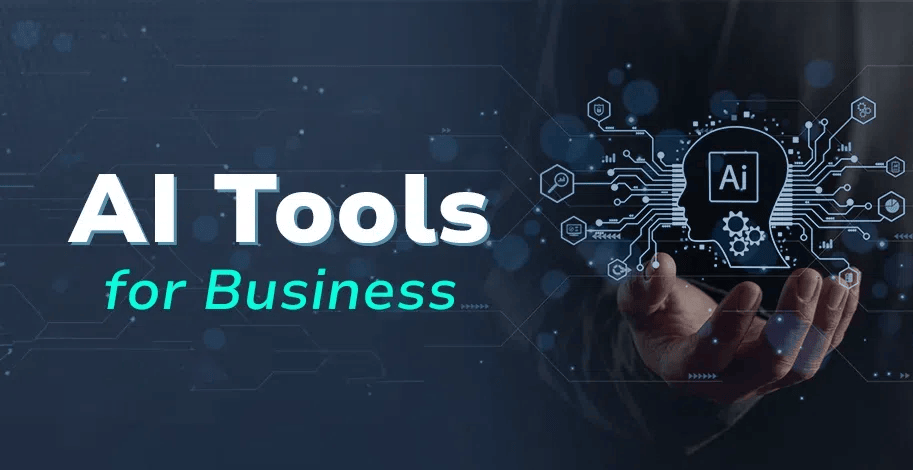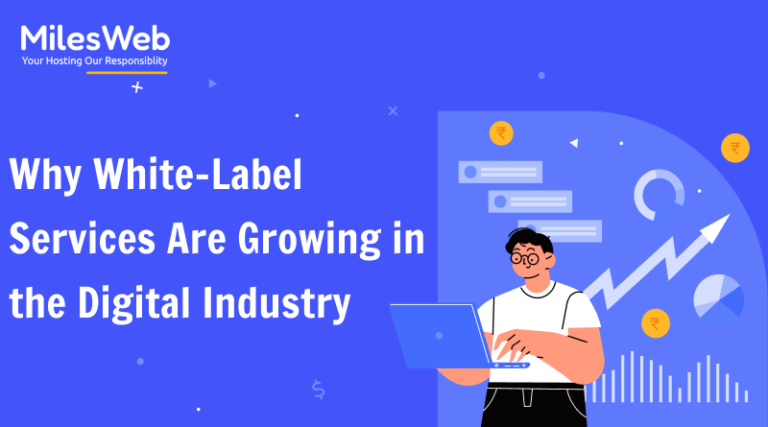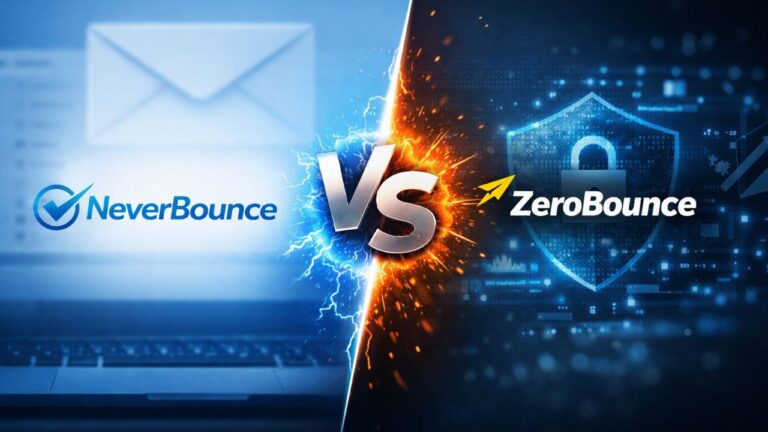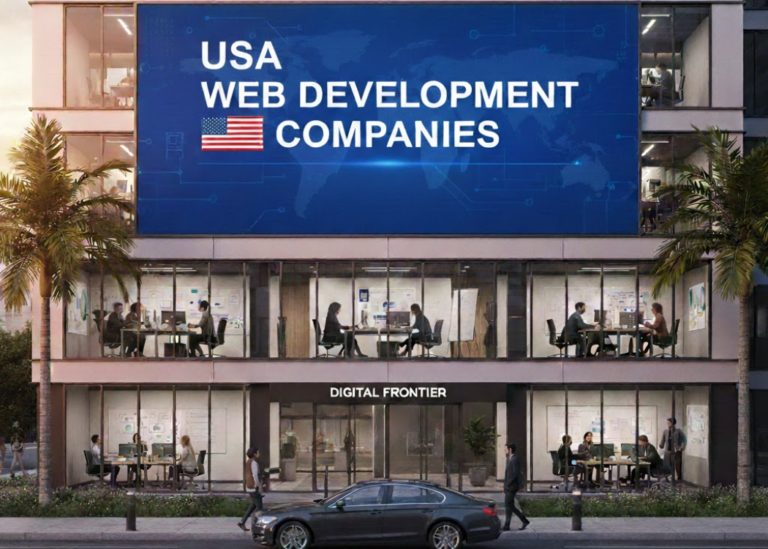Artificial Intelligence in 2025 has entered a transformational phase. Instead of simply assisting with tasks, AI now operates workflows, executes decisions, creates strategic insights, and functions as autonomous agents in business environments.
Companies that were experimenting with AI in earlier years are now fully integrating these systems into operations such as marketing, sales, HR, finance, customer experience, cybersecurity, and supply chain management.
The following list features the most influential and future focused AI tools of 2025 selected for innovation, adoption, scalability, and long term business value.
Read Also This:- ChatGPT vs Gemini vs Copilot: Understanding the Key Differences Between AI Giants.
What Are The Best AI Tools for Businesses?
Here are the top 10 AI tools that are making waves in the business world in 2025:
1. ChatGPT Enterprise with Autonomous Agents
ChatGPT Enterprise in 2025 has evolved into a workflow execution engine with AI agents capable of completing multi step processes independently.
Expanded Capabilities in 2025
- Fully autonomous agents able to plan and execute tasks
- Secure retrieval augmented document intelligence
- Process automation and workflow orchestration
- Shared AI environments for teams
- Real time analytics and insights
Business Impact
Companies use ChatGPT Enterprise to manage documentation, automate customer support, generate strategies and reports, streamline onboarding, and create HR and training materials.
Why it matters: It functions like a digital workforce supporting every department.
2. Google Gemini Enterprise Workspace AI
Google Gemini has reshaped productivity through multimodal intelligence across text, spreadsheets, voice, documents, images, and meetings.
Expanded Capabilities
- Real time meeting insights and action extraction
- AI driven project planning and resource recommendations
- Visual reasoning across charts, PDFs, and dashboards
- Automation across Docs, Sheets, Drive, and Gmail
Business Impact
Teams use Gemini for data analysis, presentation creation, email management, financial forecasting, and cross workflow automation.
Why it matters: Gemini becomes a central intelligence layer across Google Workspace.
3. Microsoft Copilot for Enterprise Systems
Microsoft Copilot connects deeply with Office apps, Teams, Azure, Dynamics 365, and internal company data.
Expanded Capabilities
- Automated financial modelling
- Instant slide deck creation
- Real time meeting summaries
- Enterprise security and governance
Business Impact
Businesses use Copilot for compliance reporting, HR workflows, dashboard creation, and IT operations support.
Why it matters: It is the most integrated productivity AI for Microsoft users.
4. Midjourney 7 Visual Intelligence and Branding AI
Midjourney leads visual generation with unmatched realism and artistry.
Expanded Capabilities
- Hyper realistic rendering
- Cinematic quality visuals
- Creative persona based models
- Product and packaging concept design
Business Impact
Brands rely on Midjourney for visual identity development, concept art, prototypes, and marketing graphics.
Why it matters: It delivers premium visual quality for brand growth.
5. Adobe Firefly 3 AI Creative Suite
Firefly 3 revolutionises design and marketing workflows with advanced AI visual and video generation.
Expanded Capabilities
- AI powered video creation
- Image to video transitions
- Brand consistency features
- Instant object and background editing
Business Impact
Businesses create campaign visuals, product demos, motion graphics, and localized creative assets faster than ever.
Why it matters: It brings creative automation to marketing and content teams.
6. Jasper AI Enterprise Content and Brand Engine
Jasper has become a complete AI powered marketing and brand management system.
Expanded Capabilities
- Intelligent content calendars
- Locked brand voice settings
- SEO optimised long form content
- AI assisted campaign creation
Business Impact
Teams use Jasper for blogs, ads, landing pages, social content, and omni channel marketing tasks.
Why it matters: It ensures consistent and high quality content production.
7. Notion AI Workspace Knowledge Automation
Notion AI has become essential for documentation, knowledge management, and cross team collaboration.
Expanded Capabilities
- Real time info extraction
- Smart task and workflow automation
- Automated SOP and policy creation
- Intelligent database updates
Business Impact
Companies use Notion AI for documentation, project cycles, onboarding, and centralizing internal processes.
Why it matters: It becomes the organisational knowledge hub.
8. Zoho Zia Smart CRM and Predictive Intelligence
Zia is an AI engine inside Zoho CRM that helps businesses make smarter sales and customer decisions.
Expanded Capabilities
- Predictive lead scoring
- Customer sentiment analysis
- Automated lead routing
- Sales and performance forecasting
Business Impact
Teams rely on Zia to increase conversion rates, reduce churn, prioritise leads, and automate CRM tasks.
Why it matters: It transforms sales data into actionable insights.
9. Synthesia AI Video Studio Business Video Automation
Synthesia creates professional video content without cameras or studios.
Expanded Capabilities
- Ultra realistic AI avatars
- Script to video automation
- Multi language support
- Custom branded avatars
Business Impact
Companies use Synthesia for training videos, product demos, onboarding content, and marketing material.
Why it matters: It significantly reduces video production time and cost.
10. UiPath Business Automation AI
UiPath merges AI with robotic automation to streamline enterprise processes.
Expanded Capabilities
- Smart document processing
- Full workflow automation
- Task and process mining
- Integration with ERP, CRM, and HR systems
Business Impact
Used across finance, HR, procurement, operations, and compliance to remove repetitive tasks.
Why it matters: UiPath is the backbone of digital process automation.
Bonus Future Trend Agentic AI Platforms
Agentic AI in 2025 introduces systems that act independently and complete business tasks without instruction loops.
What Agentic AI Can Do
- Manage CRM workflows
- Run marketing operations
- Handle hiring tasks
- Generate financial analysis
- Operate internal reporting systems
Why it matters: It brings continuous and self improving automation into organisations.
FAQs About AI Tools for Business in 2025
1. Which AI tool is best for businesses in 2025
The best tool depends on your business goal and ecosystem. Productivity focused teams benefit from ChatGPT Enterprise, Gemini, or Copilot. Marketing teams achieve better results with Jasper, Midjourney, or Firefly. Automation heavy companies prefer UiPath.
Choose based on needs, not trend popularity.
2. Are AI tools safe for business use
Yes, business plans of AI tools follow strict security and data protection standards. They include encryption, access control, and privacy compliance.
Using enterprise versions ensures that your company data is not used for model training.
3. Will AI replace human jobs
AI replaces repetitive tasks rather than full roles. Most employees will work in AI assisted positions where humans supervise and improve AI outputs.
Businesses that adopt AI early typically grow faster and create new job roles.
4. How can a business choose the right AI tools
Identify your main challenges, evaluate tool integrations, and consider data security.
Pilot test tools before full adoption to measure ROI accurately.
Choose tools that integrate easily with your existing systems.
5. Which industries benefit most from AI in 2025
Retail, healthcare, finance, HR, manufacturing, SaaS, and marketing sectors see the highest impact.
Industries with repetitive tasks adopt AI fastest and gain immediate results.
6. What is the future of AI beyond 2025
AI will move deeper into autonomous decision making, multimodal reasoning, and full process automation.
Industry specific copilots and AI agents will become standard across organisations.
7. Are AI tools expensive
Some tools are affordable while enterprise versions come at a premium.
The return on investment is usually significant because AI reduces labor, time loss, and operational costs.
Conclusion
2025 is a turning point where AI becomes core infrastructure for businesses. These tools help automate operations, enhance creativity, streamline CRM processes, improve decision making, and build long term competitive strength.
Companies that adopt these tools today position themselves for faster growth, improved efficiency, and stronger digital transformation in the years ahead.






